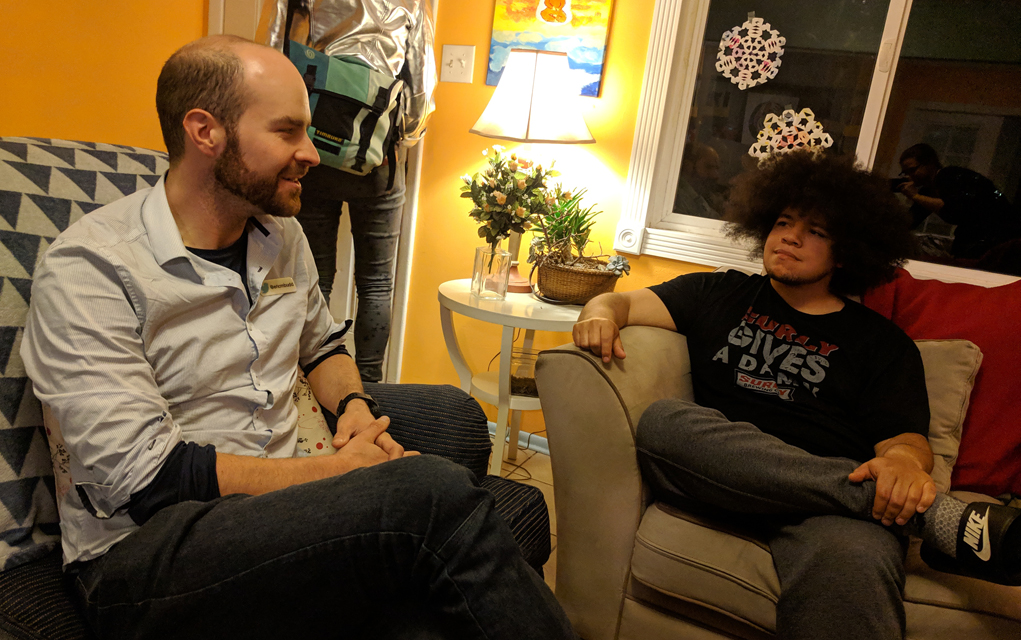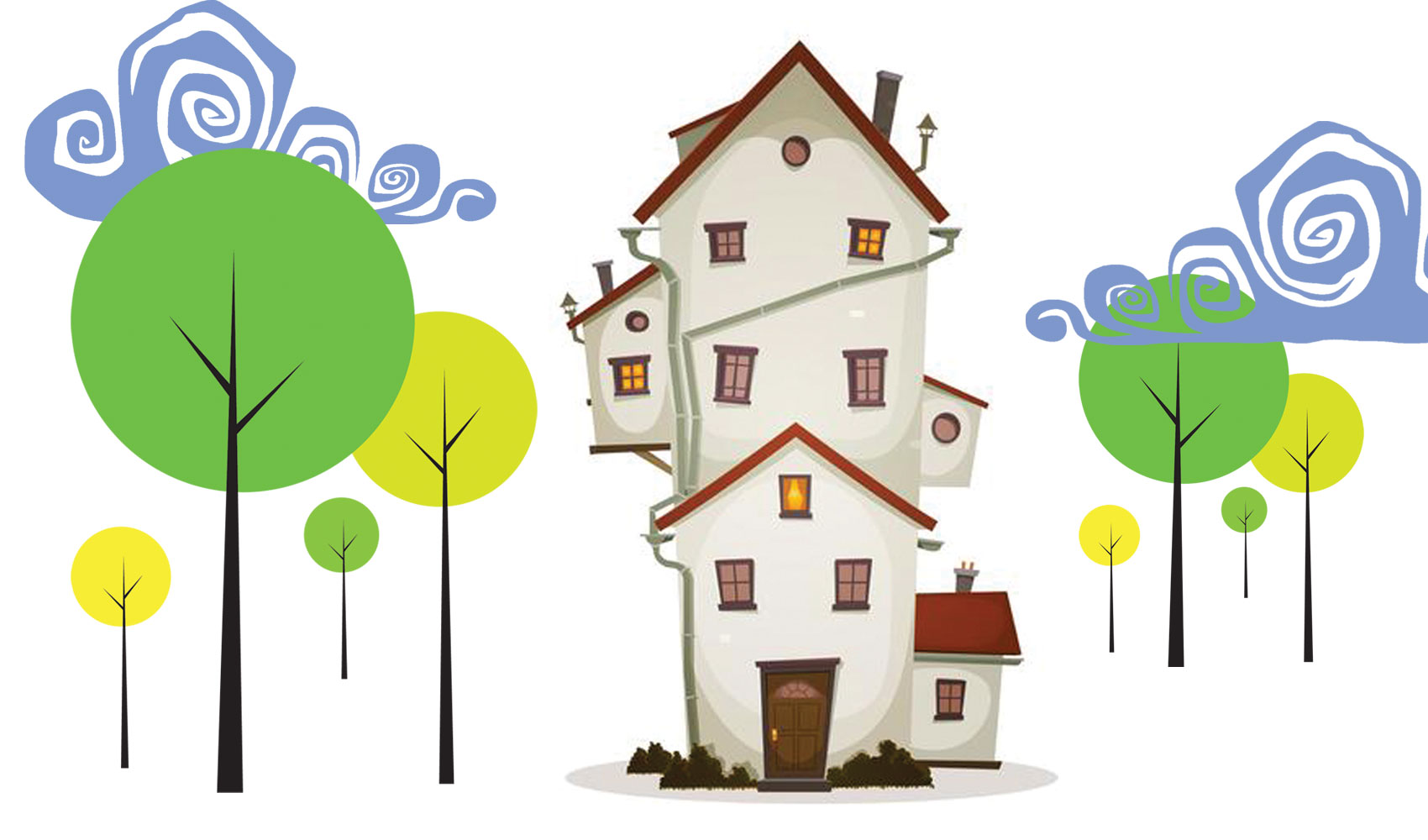BY EMMA MURRAY AT THE BOULDER WEEKLY: 05/09/2019
Malik Salsberry waves his hand toward the backyard. “We’re going to do new sod on this half,” he says, explaining the landscaping project he’s planned for the Ingram House, one of Boulder’s newest legal co-ops, where he lives with 11 other residents under one roof in the Martin Acres neighborhood.
A honeycrisp apple tree will go in one corner, a Japanese lilac tree in another. There’s just enough space for a small greenhouse and a few planter boxes. “Then I’m going to decide between another apple tree or a sweet cherry pie cherry tree,” Salsberry says.
Right now, though, Ingram’s yard is filled with lava rocks, mismatched flagstone and a dysfunctional garden shed. “We’ll get there,” he says, heading back inside, where the kitchen smells like a popular Japanese-Hawaiian fusion joint. Another co-op member stirs the tempeh frying on the stove. Salsberry steps in to fluff the rice.
Salsberry’s been living in the Ingram House since November 2018, when he moved to Boulder from Iowa to work on food-waste reduction initiatives as an AmeriCorps VISTA member. Like many folks moving to or already living in Boulder, Salsberry was searching for a place to live that was not only affordable and easy to access within city limits, but also supportive of social diversity and environmental sustainability.

Ingram Co-opMalik Salsberry (right) and Eric Budd (left) are two of 12 members in the Ingram Co-op, located in the Martin Acres neighborhood. Photo courtesy: Ingram Co-op.
Of course, finding such a situation in Boulder is challenging. According to Zillow’s rental data, in the final months of 2018, the median rent for a one-bedroom Boulder apartment hovered above $1,600 per month. That means a salary of at least $64,000 a year is necessary for someone trying to spend no more than 30 percent of their income on rent. In other words, most folks working the jobs that make Boulder function (grocery store managers, teachers, bus drivers, chefs, nonprofit employees) are simply not earning enough to afford 600 square feet or less of living space, not to mention a two-bedroom apartment or a house.
The scarcity of affordable living in Boulder has driven the exploration of nontraditional housing opportunities. Now that it’s been two and a half years since the City implemented a proper licensing process for residential co-ops (intentionally shared living spaces and resources), they’re gaining a foothold. While still working through some early obstacles, it’s becoming clear that co-ops could play a role in solving Boulder’s increasingly unaffordable housing market, while also helping the City reach its energy-reduction goals.

